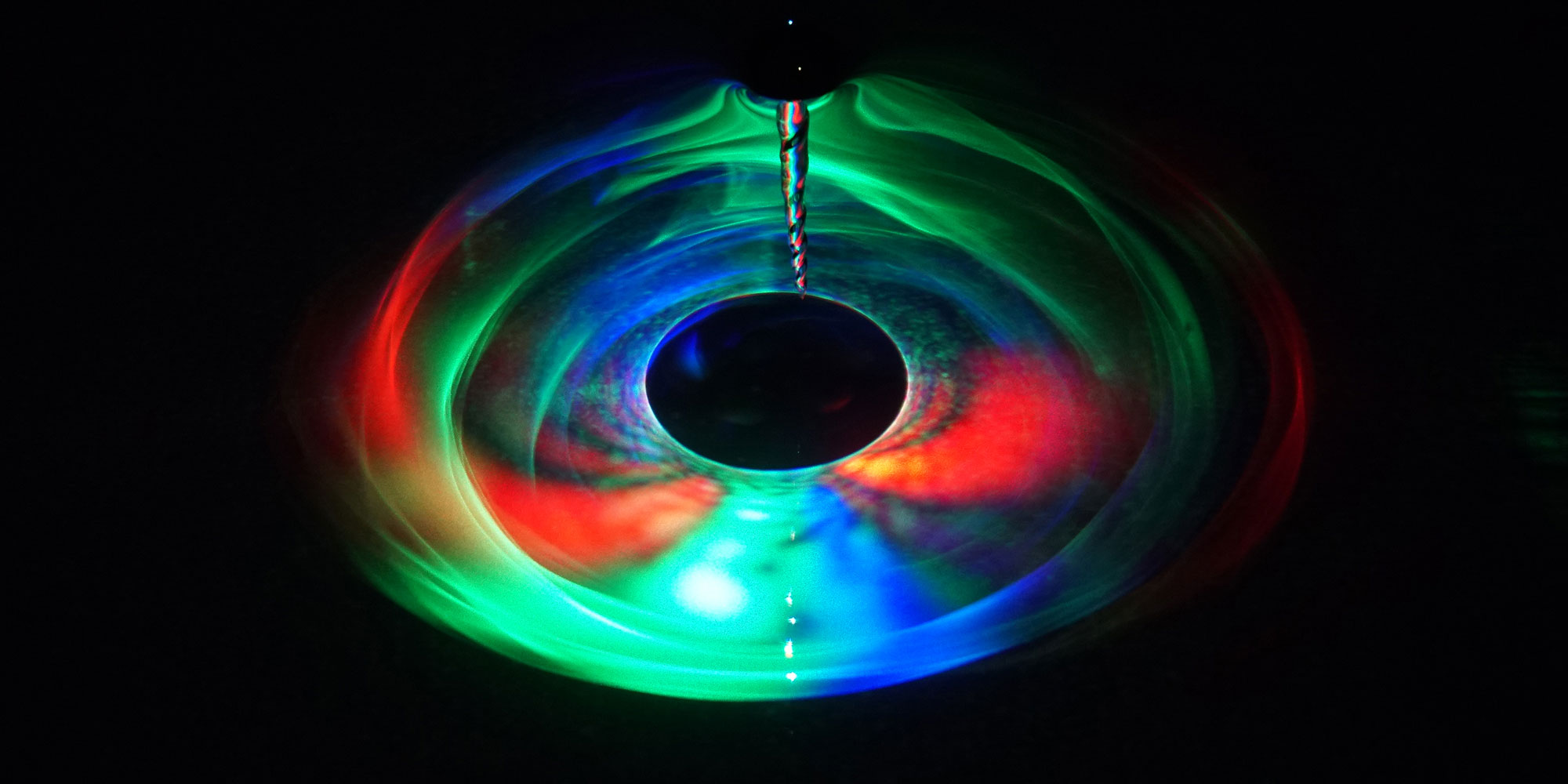‚Let us finish what we started‘. This is how the UN introduces its first Sustainable Development Goal – to end poverty in all forms and dimensions by 2030. The 17 Sustainable Development Goals and their 169 targets have been described as a sprawling, misconceived mess of grandiose intentions. The title of the development agenda itself – ‚Transforming our World‘ – oozes utopian ambition. It was adopted by 193 nations in 2015. Five years later and with ten years left, how do you think our world will transform?
Will there be no poverty and zero hunger across the world in ten years? Is this planet to be populated in ten years by billions of healthy and educated humans? Is comfortability or autonomy more important to well-being? Can you be comfortably autonomus?
These are the questions scientists were asked who applied to an open call to collaborate with artists in the STUDITOPIA residency program. Over the course of almost two years, artists and scientists will undertake a creative journey together that addresses these questions and explores sustainable development across Europe through the converging views of art and science.
The artists and scientists will kick-off their collaboration at the Ars Electronica festival with a Creative Question Challenge (CQC). The CQC is a new brainstorming format in which speakers explore and present creative questions in a 30-minute dialogue.
Video
Projekt Credits
This project is presented in the framework of STUDIOTOPIA and co-funded by the Creative Europe Programme of the European Union.
Biographies
Dmitry Gelfand & Evelina Domnitch (NL/BY)
Dmitry Gelfand & Evelina Domnitch (NL/BY) create sensory immersion environments that merge physics, chemistry and computer science with uncanny philosophical practices. Current findings, particularly regarding wave phenomena, are employed by the artists to investigate questions of perception and perpetuity. Such investigations are salient because the scientific picture of the world, which serves as the basis for contemporary thought, still cannot encompass the unrecordable workings of consciousness.
Guillaume Schweicher (BE/LU)
Guillaume Schweicher is a FNRS Postdoctoral Fellow at the Université Libre de Bruxelles (ULB) in Belgium and a visiting scientist at the University of Cambridge in UK. He received his Master in Chemical Engineering (2008) and Ph.D. (2012) from ULB, followed by post-doctoral appointments at Stanford University (US, 2013, Zhenan Bao) and the University of Cambridge (UK, 2014-2019, Henning Sirringhaus). His current research interests are the fundamental understanding of the physical and chemical phenomena taking place in the fabrication processes, during operation (charge, heat and spin transport) and stability/degradation of electronic devices made of organic and hybrid organic/inorganic semiconductors.
Florian Schreck (DE)
Florian Schreck (DE) is professor of Experimental Quantum Physics at the University of Amsterdam and investigates quantum many-particle systems. These ensembles consisting of many particles show behaviour that cannot be deduced simply from the equations describing the individual particles. ‘In fact, in most cases even the most modern computers cannot do this for quantum many-particle systems,’ explains Florian Schreck. ‘That is why we need to study these systems experimentally.’ Physicists are able to mimic theoretical models of many-particle systems using ultracold quantum gases, gases with a temperature only a minute fraction above absolute zero.


